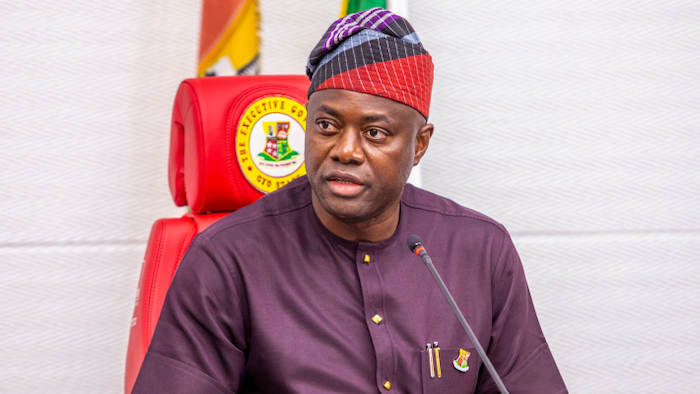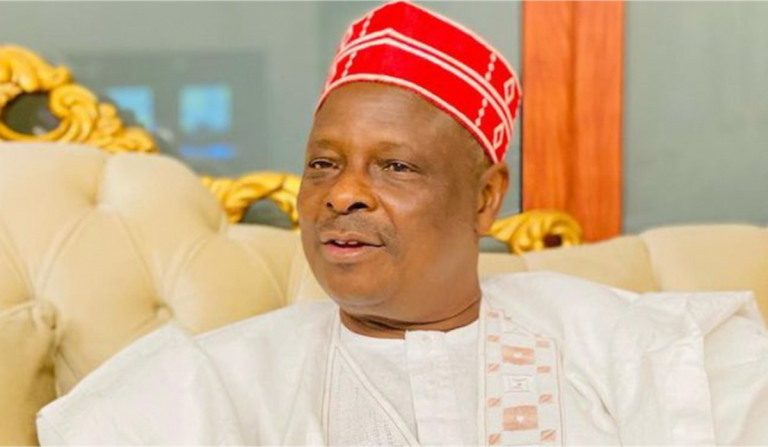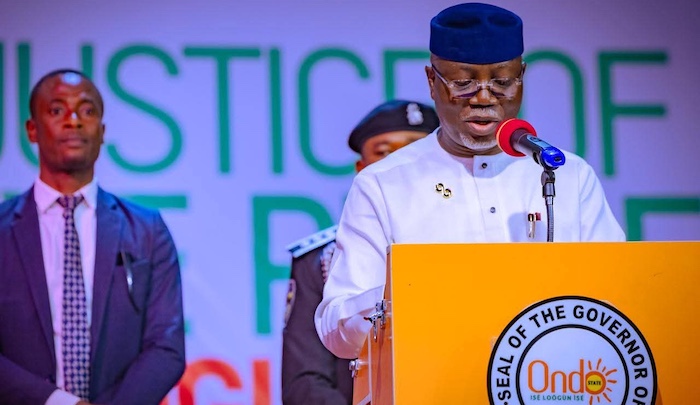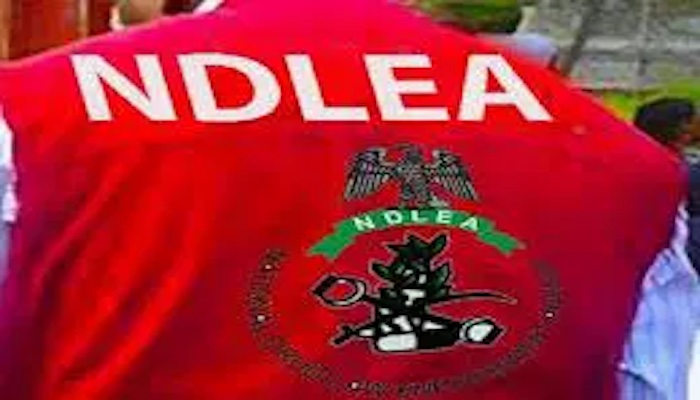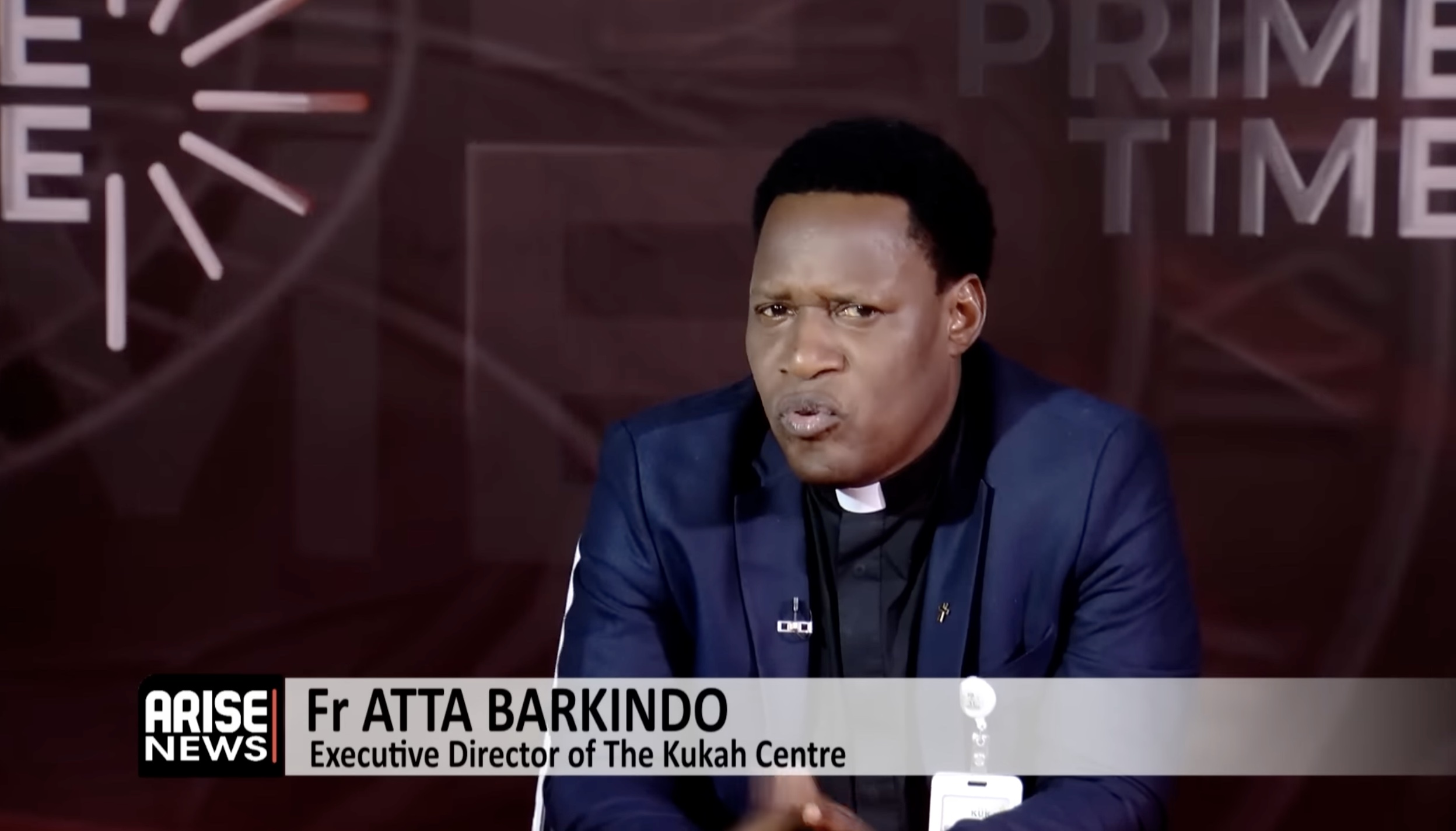
Screenshot

The Executive Director of The Kukah Centre, Fr Atta Barkindo, has called on the Nigerian government to end the culture of impunity that has emboldened jihadist groups to continue killing citizens across the country, warning that the failure to address justice, education, and psychological recovery will leave “a generation of young people psychologically broken.”
Speaking on ARISE News on Tuesday, Fr Barkindo described Nigeria’s ongoing security and religious violence as a national crisis that has “gone beyond religion and ideology” and evolved into “a political economy of conflict.”
“In Nigeria generally, there is a culture of impunity. It’s not just about the Owo attack. Many killings have happened in churches and mosques, but most times, people are not held accountable,” he said. “That has created the space and emboldened the jihadists to continue to massacre people in the way they have done.”
The Catholic priest was reacting to the recent statement by US President Donald Trump, who accused the Nigerian government of failing to protect Christians and hinted at possible U.S. military intervention.
Fr Barkindo said while Trump’s remarks had stirred controversy, “the most important thing is that lives are being lost,” noting that both Christians and Muslims are victims of terrorism in Nigeria.
“Trump didn’t say Christians are killing Muslims or that he’s coming to fight Muslims in Nigeria. The jihadists and terrorists are killing both Christians and Muslims,” he said. “If the intention of the Trump government is to take out terrorists, all Nigerians will benefit because the government isn’t succeeding. For 15 years, nothing has been done.”
He recalled the 2022 Pentecost Sunday massacre at St. Francis Xavier Catholic Church in Owo, Ondo State, where 41 people were killed and more than 100 injured, describing it as both “a physical and ideological attack” on Christian faith.
“Doctrinally, the jihadists tell you that in Islam, there’s only one God and it’s shirk to associate any being with Him. Pentecost celebrates the Holy Trinity — God the Father, Son and Holy Spirit — so when they attack, they are attacking your ideological understanding of God,” Fr Barkindo explained.
Three years after the attack, he lamented that the victims’ families are still awaiting justice.
“We keep praying for the families and hope that after three years, the government should respond to these people who have been affected,” he said.
The Kukah Centre director criticised government rehabilitation efforts that prioritise perpetrators over victims.
“You find cases where perpetrators are deradicalised and reintegrated into society while victims remain in IDP camps living on handouts. That’s contradictory. The government must rethink this,” he said.
He also stressed that Nigeria’s recovery must address deep psychological wounds.
“Beyond Owo, we have Dogon Hawa, Zakibia, Kizara — communities still dealing with trauma. Those who were five or six years old during attacks are now adults, and no psychological attention has been given to them,” he warned. “We could end up with a whole generation of young people that are psychologically broken.”
Fr Barkindo called for national truth-telling initiatives similar to Rwanda’s Gacaca courts to heal accumulated grievances.
“Conflicts happen and nothing is done. Society moves on as if everything is OK,” he said. “At The Kukah Centre, we encourage community engagement — spaces where victims can tell their stories and let out the poison accumulated over the years.”
On whether US troops should intervene in Nigeria, he said any assistance should focus on strengthening Nigeria’s capacity, not direct military deployment.
“If the Americans come, it should be to build capacity, provide intelligence, and support our soldiers,” he said. “Otherwise, the reaction could be messy. We must engage strategically and reach an agreement between the two governments.”
Fr Barkindo also highlighted structural inequalities he described as “unwritten laws,” including restrictions on building places of worship and traditional rulership based on religion.
“There are parts of northern Nigeria where, if you’re not a Muslim, you cannot become a traditional ruler. These issues are not in the constitution, but they are practiced. We need a national conversation about what kind of country we want to live in,” he said.
Addressing the perception that the Middle Belt crisis is driven by religious expansionism, he explained that migration and environmental degradation are also major drivers.
“People are moving from the far north to the Middle Belt in search of better living conditions. They move with their identity, religion, and culture. Environmental degradation has also forced people to move. In that process, identity becomes weaponised,” he noted.
While acknowledging that both Christians and Muslims have suffered attacks, Fr Barkindo said jihadists often justify killing Muslims by declaring them infidels.
“A Muslim is killed after being declared an infidel for not believing in their brand of Islam,” he said. “But this is not about nuances — it’s about the lives being lost and the type of country we want to live in.”
He urged long-term policies that combine security, education, and economic opportunities to end the cycle of violence.
“Even if you clear these people out, you still have millions of uneducated young people. If I hadn’t gone to school, I don’t know where I’d be — maybe Boko Haram,” he said. “Beyond military action, we need massive investment in education and a bipartisan policy so that every government continues what the previous one started.”
Fr Barkindo concluded by stressing that Nigeria’s security crisis presents a unique opportunity for the nation to confront its deepest divisions.
“This is a God-given period for Nigeria — a time to have the difficult conversations we’ve always avoided,” he said. “We need to decide: what kind of nation do we want to build?”
Boluwatife Enome
